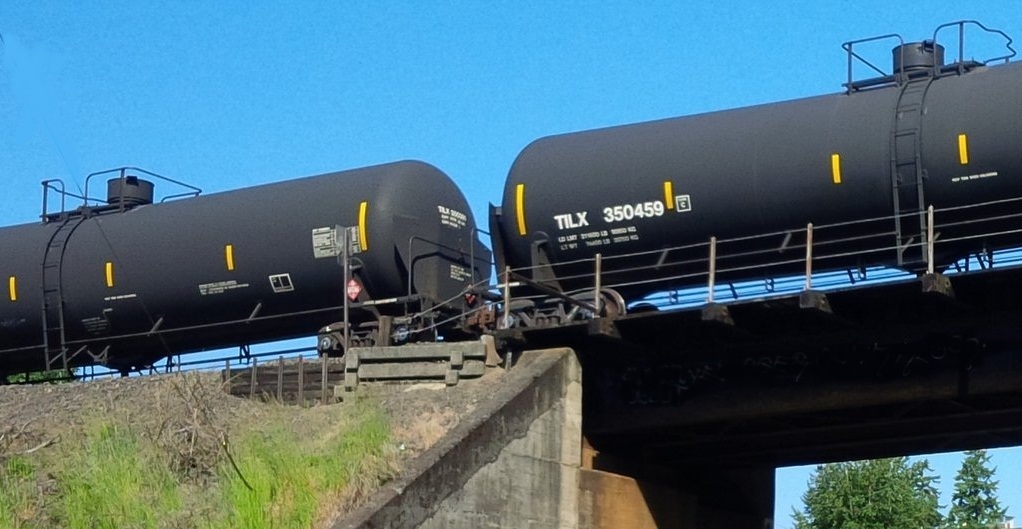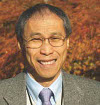Experts Help Improve Safety of Hazardous Materials and Tank Cars
The increasing volume of crude oil and ethanol being shipped by rail has led to a corresponding increase in rail accidents involving these commodities. A number of recent accidents have focused national attention on the risks and vulnerabilities of this type of transport. In particular, attention has been focused on the most common tank car in the fleet today—DOT-111—that is used to ship crude oil and ethanol by rail.
| “Using validated computer models, we can simulate how tank cars behave structurally under accident loading conditions, which will help to understand their failure modes. This knowledge can then be used to create innovative designs and to develop regulations for safer tank cars," said Volpe senior engineer Dr. David Jeong. |
Recently, the National Transportation Safety Board (NTSB) invited Volpe’s Dr. David Jeong to present his research on tank car safety at its public forum “Rail Safety: Transportation of Crude Oil and Ethanol.” Dr. Jeong, a Volpe senior engineer, has supported the Federal Railroad Administration’s (FRA) studies of tank car design for more than 30 years, leading research teams that conduct crash and puncture tests of tank cars.
To ensure the safety of this rapidly growing industry, experts are studying the existing risks and opportunities associated with transporting crude oil and ethanol by rail.
Dr. Jeong’s presentation, part of the NTSB forum's Tank Car Design, Construction, and Crashworthiness panel, highlighted puncture tests that experts from FRA and Volpe conducted on different tank cars, including the DOT-111. Dr. Jeong showed how computer models can be used to indicate the relative effect of various factors on puncture. He demonstrated, for example, how protective panels added to tank cars can improve puncture resistance.
“Using validated computer models, we can simulate how tank cars behave structurally under accident loading conditions, which will help to understand their failure modes," said Dr. Jeong. "This knowledge can then be used to create innovative designs and to develop regulations for safer tank cars.”

Dr. David Jeong’s presentation at the NTSB forum was part of the Tank Car Design, Construction, and Crashworthiness panel and focused on Volpe’s work involving full-scale testing and analysis of side impacts on railroad tank cars. (Volpe photo)
Meet Dr. David Jeong
 Dr. David Jeong is a senior engineer at Volpe. Since 1980, he has conducted research to study the structural integrity and crashworthiness of tank cars. His primary areas of technical expertise are structural analysis, metal fatigue, fracture mechanics, and computational mechanics (including finite element and boundary element analysis).
Dr. David Jeong is a senior engineer at Volpe. Since 1980, he has conducted research to study the structural integrity and crashworthiness of tank cars. His primary areas of technical expertise are structural analysis, metal fatigue, fracture mechanics, and computational mechanics (including finite element and boundary element analysis).
He has conducted and managed research projects for the Federal Aviation Administration (FAA), the National Highway Traffic Safety Administration (NHTSA), and the Federal Railroad Administration (FRA).
Dr. Jeong holds BS and MS degrees in mechanical engineering from Tufts University, and a PhD in applied mechanics from Lehigh University. He resides in North Reading, Massachusetts, with his wife, Joyce.
